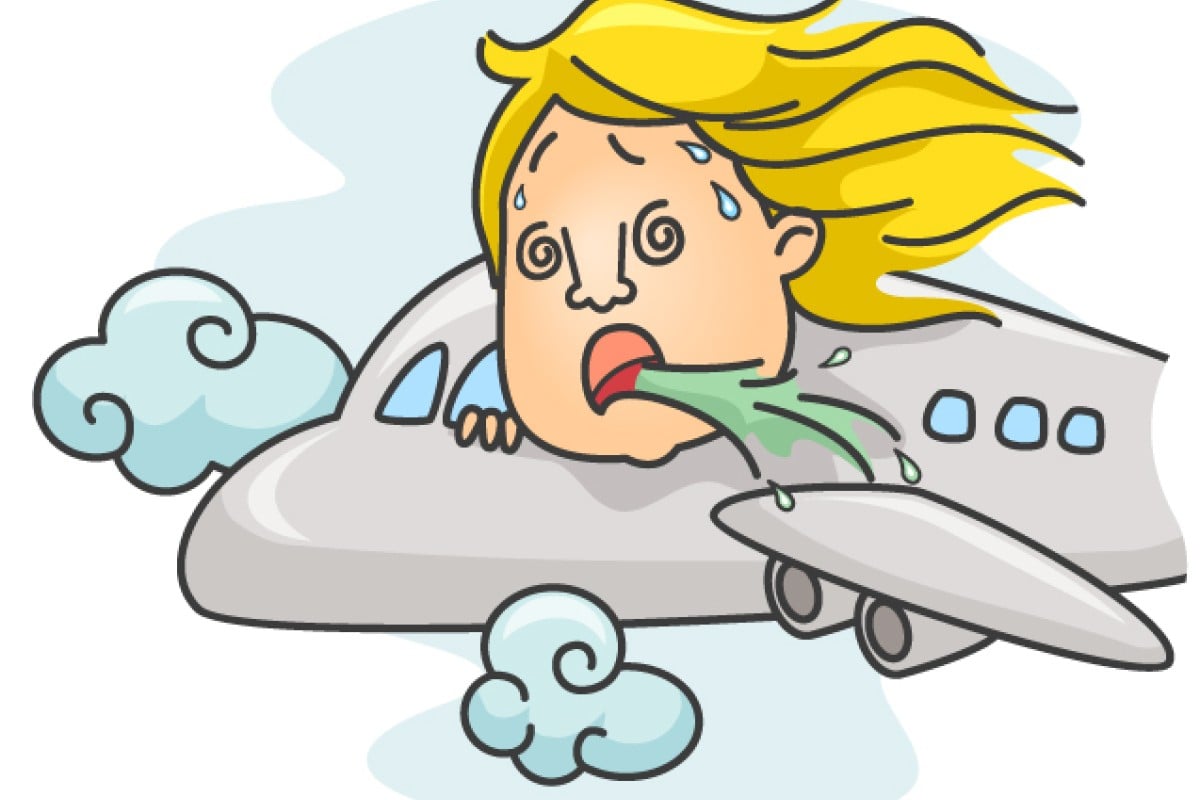
Music to soothe a stomach
Can you read on a bus or a boat? Do you feel dizzy when playing 3D games which put you into virtual reality? Maybe music is the cure for your nausea

Motion sickness includes car sickness, sea sickness, dizziness from spinning, and more. I have suffered from car sickness since I was a child, so I decided to find out why. I wanted to find a relatively easy way to relieve it, so I joined the "Addicted to Discovery Student Summer Research Project" and got help from the programme supervisor, Dr Lam Yun-wah, Associate Professor of the Department of Biology and Chemistry.
Research generally agrees that motion sickness is caused by conflicting information transmitted to the brain. When you travel in a car, your brain gets two different messages. Your eyes are inside the car, which doesn't seem to move, but your ears feel the movement through their vestibular system.
There is still some controversy over why people get nausea and even vomit, but fortunately there are different methods to ease this situation. My experiment focuses on what kind of music can relieve motion sickness to the greatest extent.
The core method in this experiment is "rotating chair testing". Subjects are spun around while wearing a headset playing various kinds of music. After being spun, participants have to give their dizziness a score from one to 10.
I did a preliminary study to analyse people's musical tastes, and restricted the music for the experiement to three categories: classical, hip hop, and each participant's favourite music genre from a choice of 12.
It is worth mentioning that this is a controlled test. During the first part of the experiment, the recorded sounds of a minibus are played. Then in the second part, the different music selections are played.
The final results depended on the difference in score between when the vehicle sounds were played and the selected music was played. For example, if a person has a dizzy rating of 8 when listening to the bus recording, and 5 when listening to Moonlight Sonata, then 8 minus 5 gives us a score difference of 3, suggesting a positive effect from classical music.
The conclusion is interesting. Of the three kinds of music, people got the most relief from their favourite music. Classical music was also a good choice, as it got similar scores to the participants' favourites. But the effect of hip hop was modest, and sometimes it even seemed to cause further nausea.
The conclusion may be explained by the feedback of some subjects. Ella Wong said that listening to her favourite music brings back memories, which shifts her attention, and contributes to relief from motion sickness.
Chloe Chen says that peaceful rhythms make her feel quiet and even melancholic. That kind of feeling can ease dizziness to some extent.
So if you get car sick, why not put on your earphones and enjoy your favourite music? Classical music may work very well!